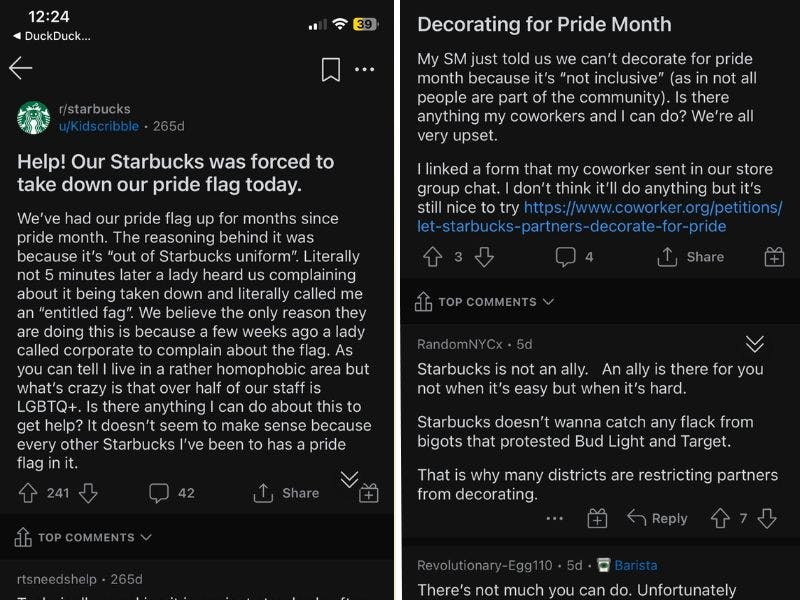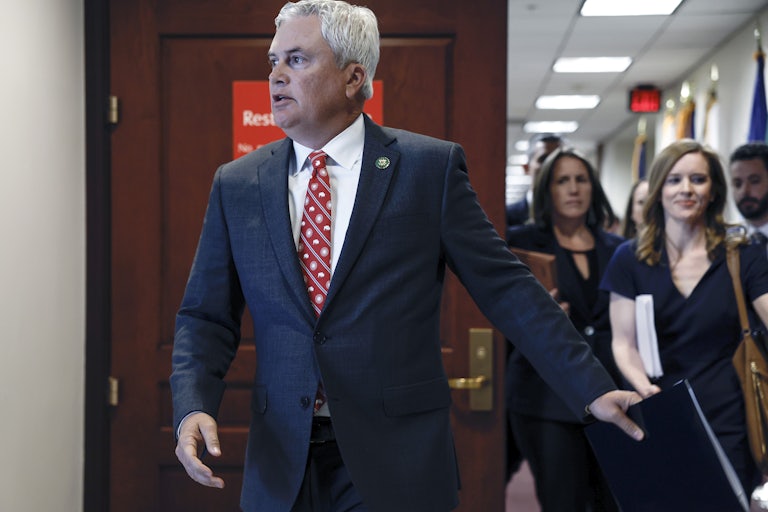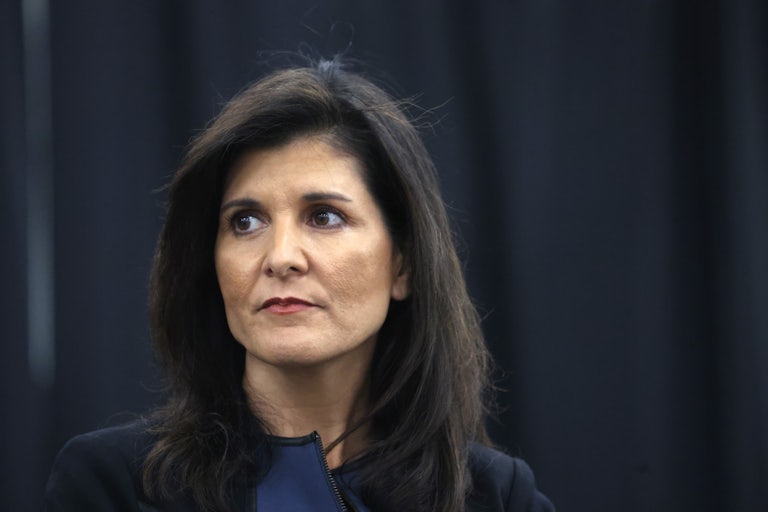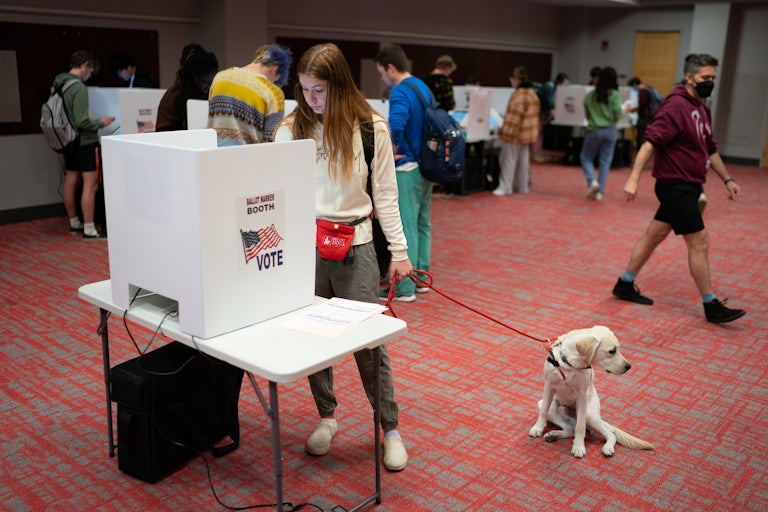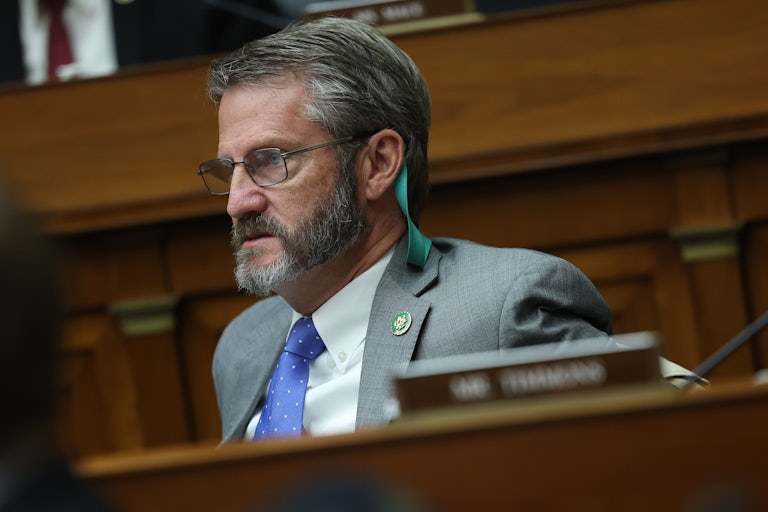South Carolina Teacher’s Lesson on Racism Shut Down by School District
The classroom was barred from reading Ta-Nehisi Coates’s “Between the World and Me.”
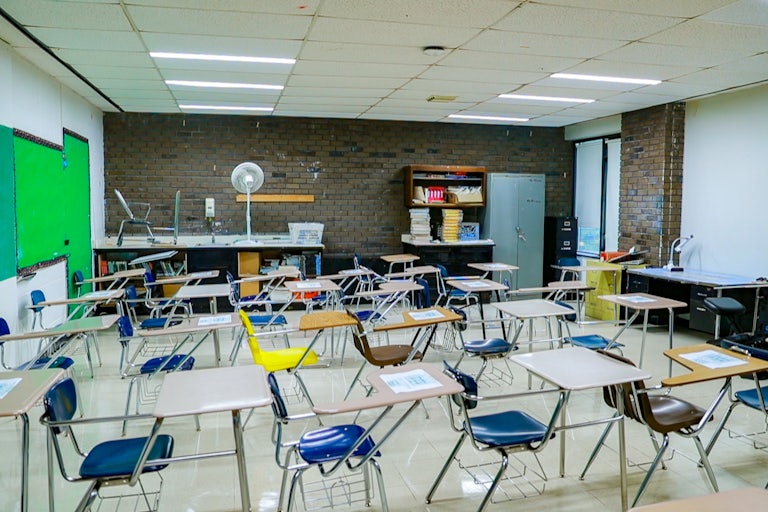
Cancel culture is in full force.
This time, an Advanced Placement language class in South Carolina was barred from discussing Ta-Nehisi Coates’s famed book Between the World and Me because of a new state law that prohibits classrooms from genuinely talking about race.
Teacher Mary Wood had planned to teach her class the book as part of the class’s preparation for the argumentative essay portion of the A.P. test. Writing to the district, Lexington-Richland School District Five, Wood explained that she taught the same book the previous year without any issue, reports South Carolina newspaper The State.
While preparing for the book, Wood played two short videos for the class, one depicting pretty elementary metaphors for structural inequities throughout American history and another that explores manifestations of systemic racism like mass incarceration and predatory loans. The videos detailing historical and social facts of America were apparently too much for a couple of students.
“These videos portrayed an inaccurate description of life from past centuries that she is trying to resurface. I don’t feel as though it is right because these videos showed antiquated history. I understand in AP Lang, we are learning to develop an argument and have evidence to support it, yet this topic is too heavy to discuss,” one student said.
Sample reading lists for such high school courses have included “heavy” texts including The Grapes of Wrath by John Steinbeck, Night by Elie Wiesel, and George Orwell’s 1984.
“I was incredibly uncomfortable throughout both videos, and was in shock that she would do something illegal like that,” another student wrote. “I am pretty sure a teacher talking about systemic racism is illegal in South Carolina,” they added.
Not exactly. South Carolina lawmakers passed a motion that prohibits state funds from going toward the narrow teaching of ideas like “an individual, by virtue of his race or sex, is inherently racist, sexist or oppressive.” The teaching of how structures like law and policy have contributed to long-standing and ongoing racial inequity and inequality does not necessitate the teaching that individual people are inherently oppressive individuals.
Nevertheless, The State notes, far-right legislators sued a neighboring district for apparently violating the ban; the suit is still in court.
In Wood’s case, school officials warned that since “there is proposed legislation up for discussion and voting currently,” they “need to cease this assignment.” As in, proposals not even enshrined in law are casting a chilling effect on more holistic teaching in our schools.
In a letter addressed to Superintendent Akil Ross and the school board, Wood said the “lack of clarity” from the district, and the school’s kicking her to the curb, has left her feeling unsafe, spurring her to install a security system at home.
“In this culture, EVERYTHING may be considered controversial,” Wood wrote. “To prevent conversations about experiences which exist outside of heterosexual, caucasian norms is both biased and discriminatory and completely antithetical to the development of critical thinking and civil discourse, which is the entire point of an AP Lang course.”
“There is an odd juxtaposition where we are trusted to protect students from armed intruders but subject to ridicule from community members who proclaim we are indoctrinating children,” Wood said to The State. “Until we cease to lend a space for vilifying teachers, more of us will leave the classroom.”
Wood’s case echoes that of Wisconsin teacher Melissa Tempel, who has been set to be fired for publicly complaining about her school district banning her students from singing Dolly Parton and Miley Cyrus’s song about rainbows and unity.


